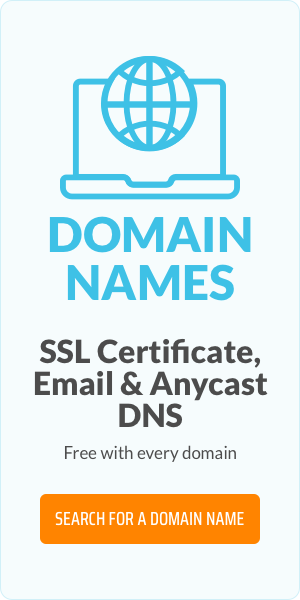Domain Names
Never Lose Your Domain: Discover Automated Domain Renewals

Imagine this: You're Sony Online Entertainment in 2014, running some of the most popular online games. Everything's smooth until—POOF—your domain expires. Suddenly, EverQuest players are locked out, servers go dark, and chaos reigns. All because a crucial domain, SonyOnline.net, wasn’t renewed. Worse? Renewal notices went to the wrong email. Ouch. This isn’t just a corporate blunder; it’s a cautionary tale.
TTL in Domain Management: A Simple Guide for Website Owners

The digital world moves fast, and keeping your website running smoothly takes more than just a good design. It’s about knowing what happens behind the scenes - things like TTL, DNS caching, and domain propagation. Confused? Don’t worry - we’ve got you covered.
Top 10 Domain Extensions (ngTLDs) of 2024

2024 is already over? That went by fast, didn’t it? But while the year may be winding down, these domain extensions are only getting started.
What is DNSSEC and Should You Enable It? A 2025 Guide

Your domain is the foundation of your online presence that ensures your website remains accessible and trustworthy. But how secure is your domain management? Learn how DNSSEC can strengthen your domain’s security and enhance your business’s reliability.
How to Resolve Common Domain Transfer Problems

Domain transfers are crucial for maintaining control and maximising the potential of your online identity. They are like moving to a new house in the digital world. But what happens when this straightforward process hits an unexpected hitch?
90-Day SSL Certificates: What’s Changing and How to Stay Ahead

SSL certificates are evolving faster than ever, and businesses need to stay agile to keep up. Have you noticed how shorter lifespans and stronger security protocols are now reshaping the way companies protect their digital assets?
